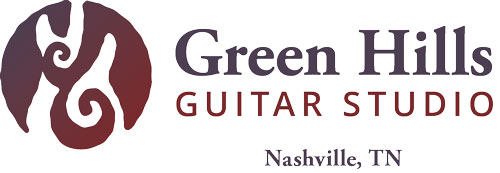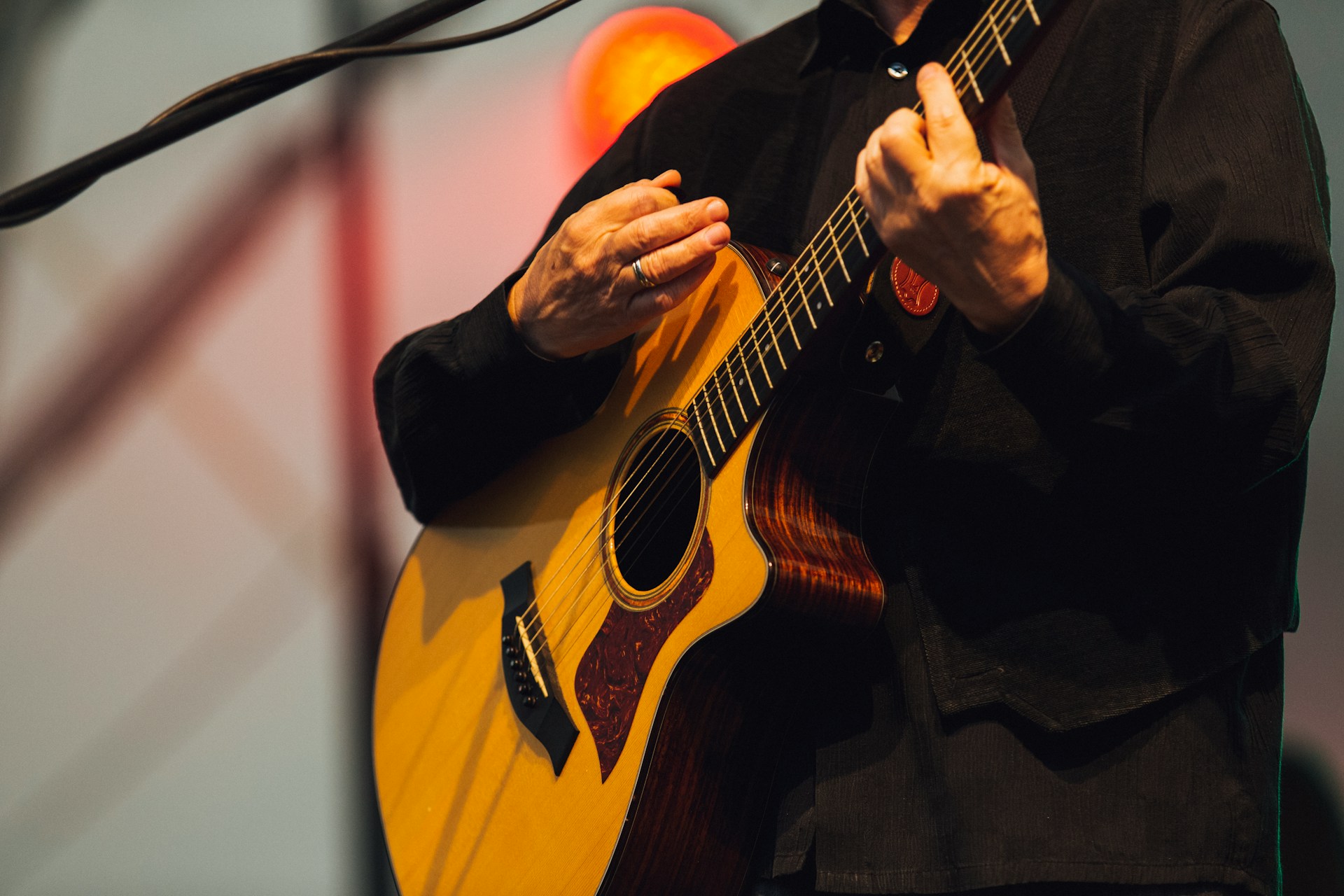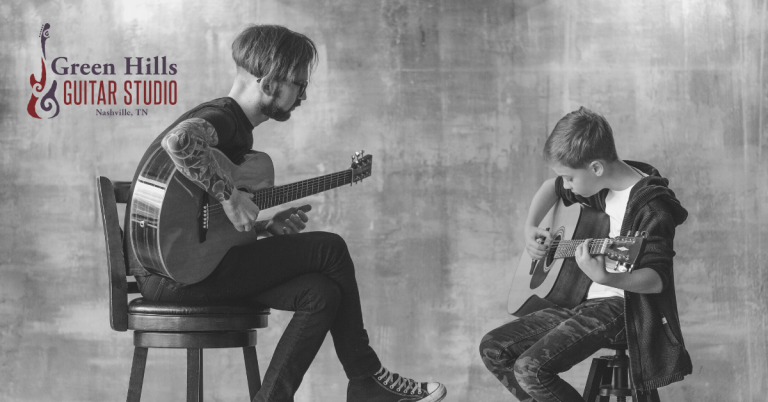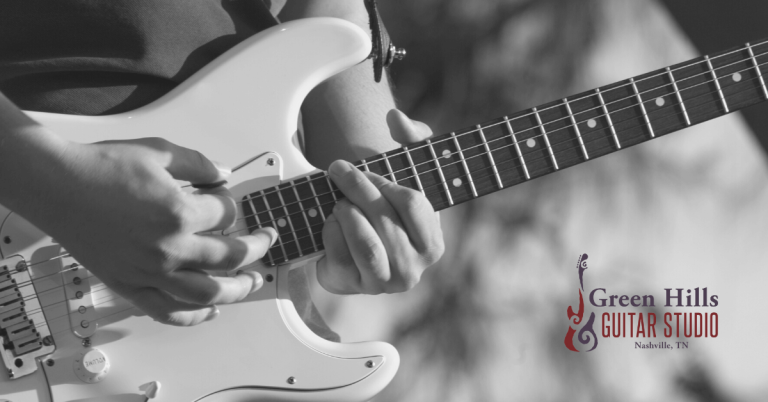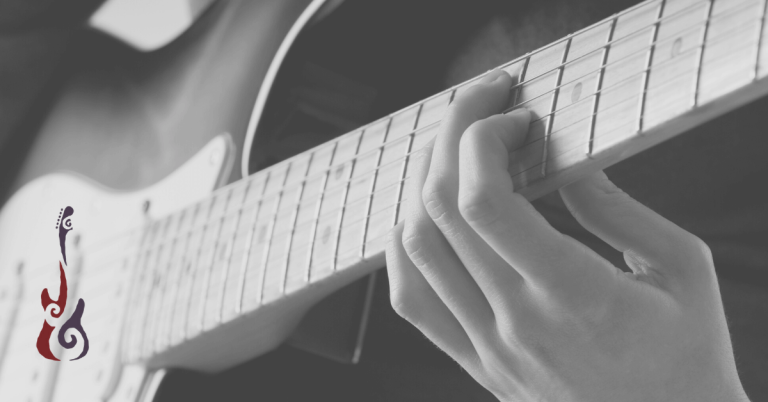Is It Ever Too Late to Learn Guitar?
There’s a moment—a persistent itch in the back of your mind—that tells you to pick up a guitar. Maybe it happens while flipping through old records, hearing the first bars of a song that defined your youth. Maybe you see someone your age or older effortlessly strumming through a melody, making it look easy, natural, like breathing. And yet, doubt lingers. Am I too late?
The answer is simple: no, it is never too late to learn guitar. But that doubt—the hesitation to start something new as an adult—has kept countless people from ever playing a single chord. This is not about age; it’s about mindset. And the truth is, adult learners bring something to the table that younger players often lack: patience, discipline, and a clear reason why they want to play.
The Myth of the “Perfect Age”
We have a cultural fixation on the idea that skills must be developed early or not at all. This thinking permeates music, sports, and even language acquisition. However, research consistently debunks this notion. Adults may not have the same neuroplasticity as children, but they have something just as valuable: experience, focus, and the ability to set realistic goals.
In fact, studies in cognitive science suggest that learning an instrument later in life strengthens neural connections, improves memory, and can even stave off cognitive decline. If there’s a reason to hesitate, it’s not science. It’s self-doubt.
Why Adults Have an Advantage
While children may have the luxury of time, adults bring to their practice an ability to concentrate deeply, problem-solve efficiently, and apply lessons to real-world contexts. Here are a few key advantages adult learners have over younger beginners:
- A Clear Motivation: Adults know why they want to learn. Whether it’s to play songs they love, join a local jam session, or challenge themselves, that intrinsic motivation leads to more productive practice sessions.
- Stronger Discipline: Years of experience in work, education, and personal endeavors make adults more patient when tackling new skills.
- The Ability to Learn Efficiently: Adults know how they learn best. Some may prefer structured lessons, while others thrive with self-paced online tutorials. Unlike kids who learn because they’re told to, adults have the freedom to choose their own learning path.
- Emotional Depth: Music is more than technique. It’s about emotion, storytelling, and personal expression—things that come with life experience.
Common Concerns About Learning Guitar as an Adult
“My Fingers Won’t Move Like They Used To”
It’s true that physical dexterity declines with age, but that doesn’t mean you can’t develop flexibility and strength. Many professional musicians started late or overcame physical limitations to become masterful players. Regular practice, finger exercises, and stretching routines can dramatically improve mobility over time.
“I Don’t Have Enough Time”
Between work, family, and responsibilities, free time feels like a luxury. But learning guitar doesn’t require hours each day. Even 10-15 minutes of focused practice can yield real progress. The key is consistency. Short, deliberate practice sessions—playing chord transitions, working on a single riff, or refining a strumming pattern—add up over weeks and months.
“I’ll Never Be as Good as Someone Who Started Young”
Comparing yourself to a lifelong musician is like comparing a new runner to an Olympic sprinter. The goal isn’t to become a virtuoso overnight—it’s to enjoy playing music. Many adult learners find fulfillment in strumming along to their favorite songs or learning enough to perform for friends and family. Skill is not the destination; the act of playing is the reward.
How to Set Yourself Up for Success
1. Choose the Right Guitar
Finding an instrument that suits you makes all the difference. A guitar that feels too large, heavy, or stiff can make playing frustrating. Acoustic or electric? Nylon or steel strings? The right choice depends on comfort and personal music preference.
2. Follow a Structured Plan
While self-teaching is possible, structured lessons accelerate progress. Green Hills Guitar Studio offers personalized instruction designed for adult learners, ensuring that each lesson builds on practical skills and musical understanding.
3. Start with Songs You Love
Motivation grows when you’re learning the music you actually want to play. Whether it’s folk, blues, rock, or jazz, start with simple versions of songs that inspire you.
4. Don’t Skip Fundamentals
Learning proper finger placement, basic chords, and strumming techniques prevents bad habits that are harder to break later.
5. Play with Others
The quickest way to improve is through collaboration. Jamming with other musicians—even casually—improves rhythm, ear training, and musical intuition.
The Reward of Starting Now
Guitar playing isn’t about hitting a deadline. It’s about the process. The joy of picking up a guitar and making sound—imperfect as it may be—is what matters. Whether you’re 30, 50, or 70, the best time to start is now. Years from now, you’ll either be someone who wished they had started or someone who did.
At Green Hills Guitar Studio, we specialize in helping students of all ages and experience levels. Whether you’re looking for in-person lessons in Nashville or want to learn online, we tailor lessons to your goals and musical interests. If you’ve been waiting for the right time, consider this your sign. Reach out today, and let’s get started.
